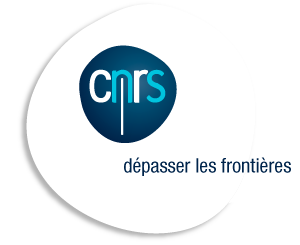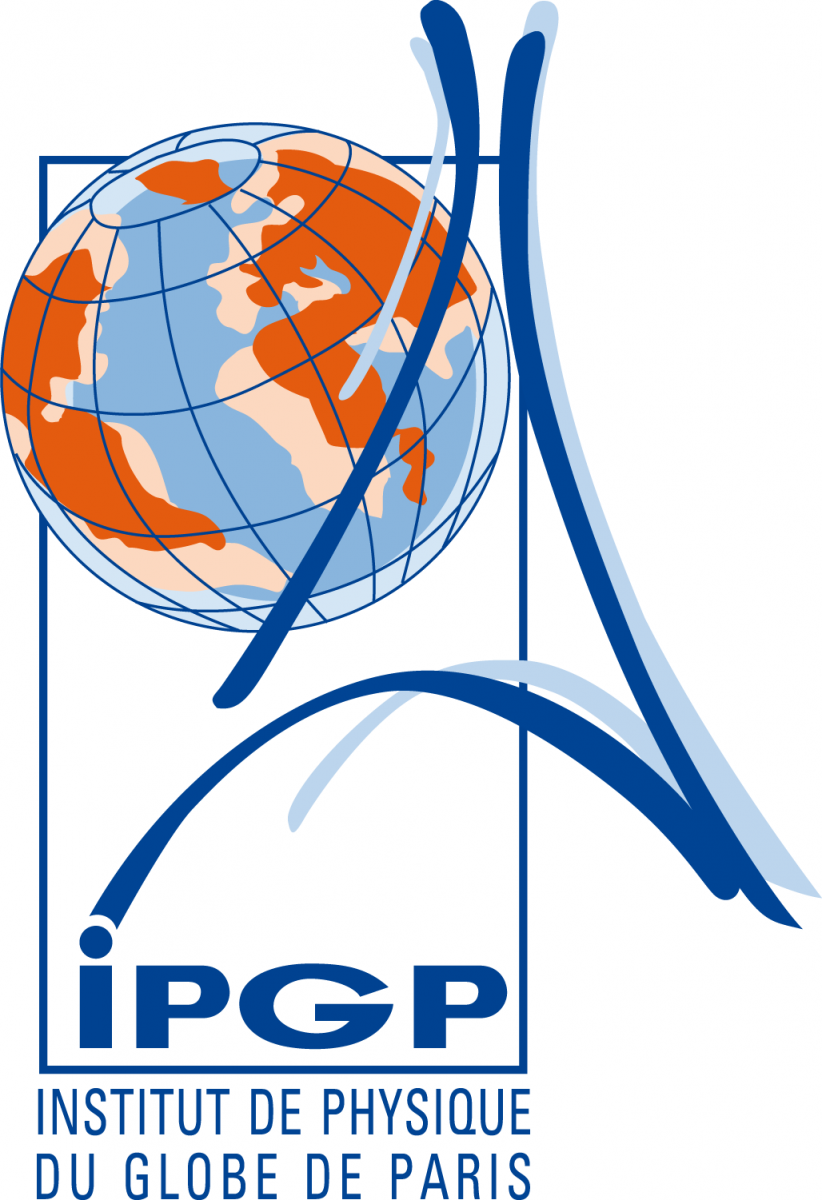The preliminary schedule for the September workshop of the Working Group on Seamounts and Islands near to Mid-Ocean Ridges held on 19-21 September 2019 in Lisbon.
For more details, please contact the convenors Neil Mitchell, Rui Quartau & Christoph Beier
Day 1 (morning):
9:00-9:30 Registration
9:30-9:45 Kamil Szafrański (IPG Paris InterRidge): Update on InterRidge activities
9:45-10:05 Neil Mitchell (University of Manchester): Introduction to this working group, workshop tasks, and some geological known unknowns of seamounts and islands.
10:05-10:25 Carmen Gaina (University of Oslo, Norway): Seamounts and Oceanic Igneous Features in the Northeast Atlantic: A Link Between Plate Motions and Mantle Dynamics
10:25-10:45 Ricardo Ramalho (Universities of Lisbon and Bristol): Azores geological evolution
10:45-11:15 Coffee/tea break
11:15-11:35 Rui Quartau (Instituto Hidrografico, Portugal): The practical importance of island shelves
11:35-11:55 Eduardo Quiroga/Eulogio Soto (Pontificia Universidad Católica de Valparaíso and Universidad de Valparaíso, Chile): Deep-sea soft-bottom benthic communities: Exploring biogeography and genetic connectivity of southeast Pacific Seamounts
11:55-12:15 Sérgio Ávila (University of Azores, The biogeographic Azorean paradox and the contribution of physical oceanography)
Day 1 (afternoon):
Posters
Meeting dinner
Day 2 (morning):
9:00-9:30 Registration
9:30-9:50 Christoph Beier (University of Helsinki, Finland): The evolution of oceanic intraplate volcanoes close to mid-ocean ridges: the Azores islands
9:50-10:10 Bryndís Brandsdóttir (Science Institute, Univ. Iceland): Seamounts at the 69°N SPAR offset, Kolbeinsey Ridge, N-Atlantic
10:10-10:30 Malcolm Clark (National Institute of Water and Atmospheric Research, New Zealand): The Global Seamounts Project: building on past seamount research to go forward on a global scale
10:30-11:00 Coffee/tea break
11:00-11:20 Jim Costopulos (Global Oceans, New York): Global Oceans instrument capabilities
11:20-11:40 Kasey Cantwell (NOAA, USA): The NOAA ASPIRE program
11:40-12:00 Telmo Morato (University of the Azores): the iAtlantic project
Day 2 afternoon:
Breakout groups by subject area:
What are the major scientific and practical questions that remain unsolved but are potentially answerable in 3-, 5- and 10-year timeframes? Are there new technologies (instruments, platforms or computing methods) that now make a major advancement within reach? Do these require coordinated, international effort or can they be done with national resources?
Day 3 morning:
Breakout groups by ocean area (multidisciplinary): North Atlantic, Central Atlantic and South Hemisphere. What opportunities exist to coordinate field efforts or share datasets and methodologies between disciplines (e.g., multibeam between habitat mapping and geoscience)?
Day 3 afternoon:
Breakout groups: What funding opportunities can be considered to support the research identified in terms of seatime, sample or data analysis and researcher costs?
Workshop summary and allocation of writing tasks for report.




